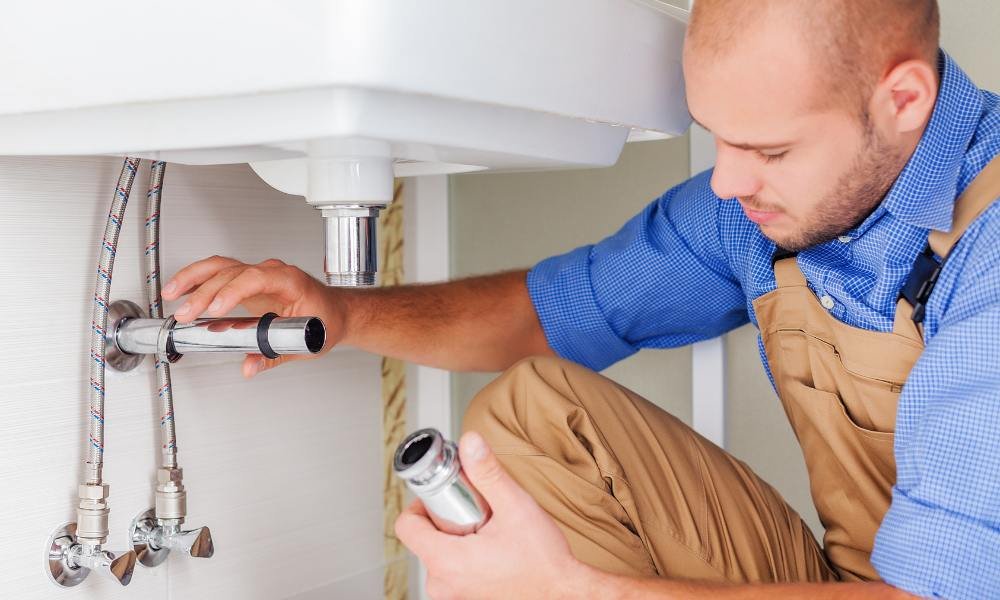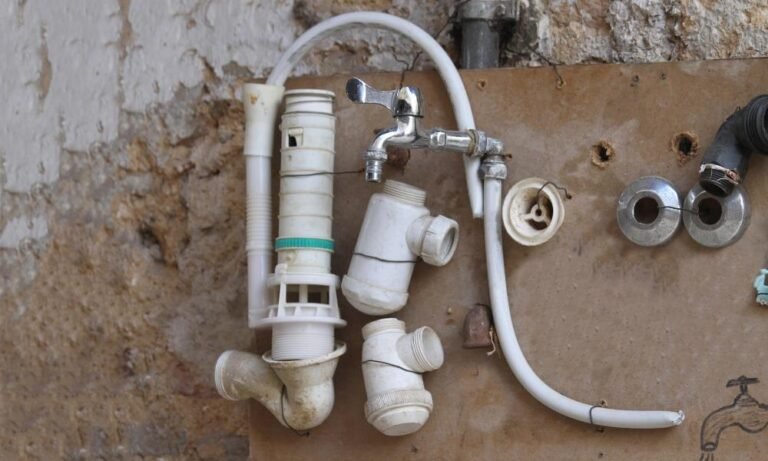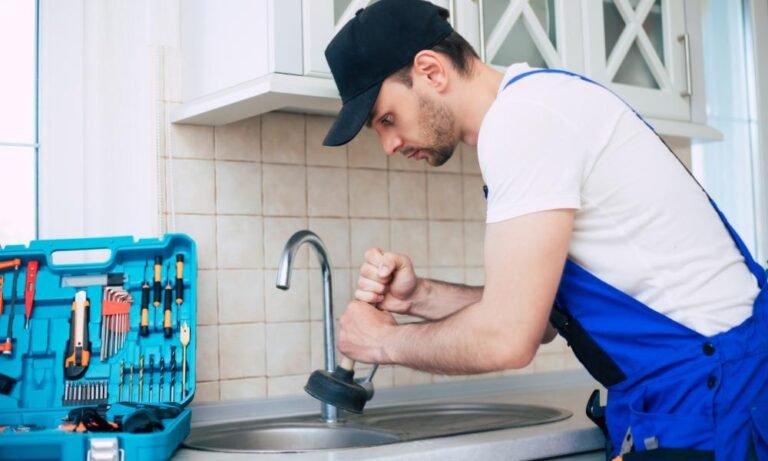Estimated reading time: 6 minutes
Your home’s plumbing system is tough, but extreme weather can push it to its limits. Whether it’s freezing temperatures or heavy rain, the challenges posed by these conditions can lead to costly repairs if your plumbing isn’t ready. The good news? With a bit of preparation, you can avoid most issues and keep your system running smoothly year-round.
In this guide, I’ll share practical tips to protect your plumbing when the weather takes a turn for the worse. Here’s what we’ll cover:
- Why extreme weather impacts plumbing.
- Steps to prepare for freezing temperatures.
- Tips for managing plumbing during heatwaves.
- How to safeguard against flooding.
- Long-term maintenance for year-round protection.
Let’s dive in and ensure your plumbing can handle whatever Mother Nature sends your way.
Why Weather Affects Your Plumbing
Your plumbing system is built to handle the daily flow of water, but sudden temperature shifts or excess moisture can stress it in unexpected ways:
- Cold Weather: Freezing temperatures cause water to expand, increasing the risk of pipes cracking or bursting.
- Hot Conditions: Prolonged heat can lead to pipe expansion, leaks, or even pressure surges.
- Heavy Rain and Flooding: Excess water can overwhelm drains, sump pumps, and sewer systems, causing backups and potential property damage.
Understanding these risks is the first step to protecting your home.
How to Prepare for Cold Weather
Winter brings some of the biggest challenges for plumbing systems. Here’s how I prepare my home for the chill:
Insulate Pipes in Vulnerable Areas
Pipes located in unheated spaces like basements, crawl spaces, or garages are particularly vulnerable to freezing. Wrapping them with foam insulation or heat tape is an easy and effective way to keep them protected.
Disconnect and Drain Outdoor Hoses
Leaving hoses attached to outdoor faucets can trap water, which may freeze and cause damage. Before winter sets in, disconnect all hoses and store them away.
Let Faucets Drip During Freezes
Allowing indoor faucets to drip keeps water flowing through your pipes, which reduces the risk of freezing. This simple step can prevent a major headache when the temperatures drop.
Open Cabinet Doors
Pipes under sinks can freeze when temperatures drop too low. Opening cabinet doors lets warm air from your home circulate around the pipes, keeping them from freezing.
Shut Off and Drain Outdoor Faucets
Even after disconnecting hoses, outdoor faucets can still pose a risk. Shut off the water supply to exterior faucets, then open them to drain any remaining water.
Tips for Hot Weather Preparation
Summer heat can also put stress on your plumbing system. Here’s how I tackle the challenges of warmer months:
Check for Signs of Pipe Expansion
Heat can cause pipes to expand, leading to leaks or cracks. Inspect your plumbing for signs of stress, especially in areas exposed to direct sunlight. Materials like PEX are more flexible and perform better in hot climates.
Monitor Water Pressure
Hot weather can increase water pressure, which puts added strain on your pipes. Install a pressure-reducing valve if you notice higher-than-normal pressure levels.
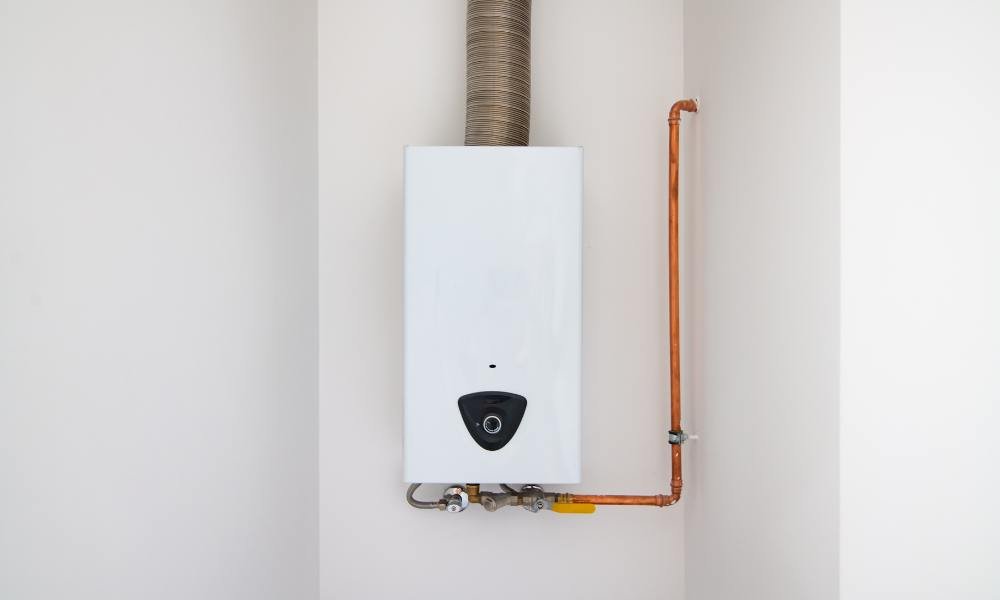
Inspect and Flush Your Water Heater
During summer, water heaters often face increased demand. Flushing your water heater annually removes sediment buildup, ensuring it operates efficiently and lasts longer.
Check Outdoor Sprinkler Systems
If you use a sprinkler system, inspect it for leaks or damaged pipes. Summer is the perfect time to ensure everything works properly before the next season arrives.
Protecting Against Heavy Rain and Flooding
Flooding can happen quickly during a storm, so it’s essential to have a plan in place:
Maintain Your Sump Pump
A sump pump is your first line of defense against basement flooding. Test it regularly by pouring water into the pit to ensure it activates. If your pump has a battery backup, make sure it’s fully charged.
Keep Drains and Gutters Clear
Clogged gutters and drains can redirect water into unwanted areas, causing backups. Regularly clear leaves and debris to keep water flowing where it should.
Install a Backwater Valve
Heavy rain can overwhelm sewer lines, leading to backups. A backwater valve prevents sewage from entering your home during storms.
Raise Appliances and Electrical Components
If you live in a flood-prone area, elevate appliances like water heaters and washers. This reduces the risk of water damage in case of flooding.
Long-Term Maintenance for Year-Round Protection
Consistent care is the best way to keep your plumbing in good shape, regardless of the weather. Here are my top tips for year-round maintenance:
- Fix Leaks Quickly: Even small leaks can worsen during extreme weather. Address them promptly to avoid bigger problems.
- Upgrade Aging Pipes: Old materials like galvanized steel are more prone to cracking. Replacing them with modern options like PVC or PEX ensures durability.
- Schedule Professional Inspections: An annual inspection can catch issues you might overlook and help you stay ahead of potential problems.
- Install Smart Leak Detectors: These devices monitor your plumbing system and alert you to small leaks before they become major issues.
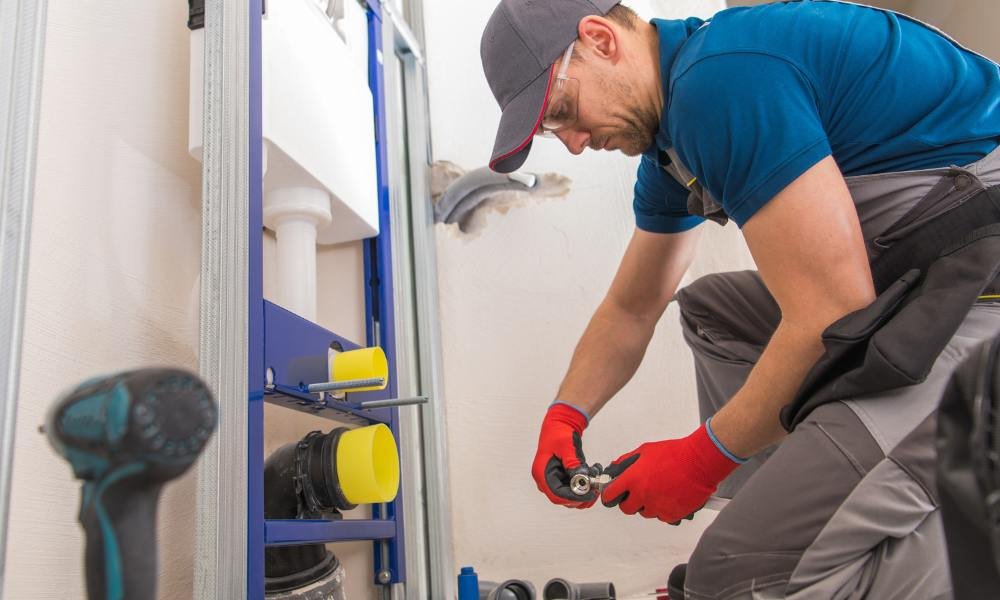
Emergency Plumbing Preparation
Even with careful preparation, emergencies can happen. Here’s how to stay ready:
- Know How to Shut Off Your Water Supply: Locate your main water shut-off valve and ensure everyone in your household knows how to use it.
- Keep an Emergency Kit Handy: Stock it with essentials like wrenches, pipe tape, towels, and a bucket.
- Have a Plumber on Speed Dial: Save the contact information of a trusted professional who can handle urgent issues.
FAQs About Plumbing and Extreme Weather
Q: At what temperature do pipes freeze?
A: Pipes can freeze when temperatures drop below 32°F, but those in unheated spaces are most at risk.
Q: How often should I inspect my sump pump?
A: Test your sump pump at least once a year, or more frequently if you live in an area prone to heavy rain.
Q: Can extreme heat damage pipes?
A: Yes, prolonged heat can cause pipes to expand, leading to leaks or stress-related cracks.
Q: What’s the best way to prevent water backups during storms?
A: Clear drains and gutters regularly, and consider installing a backwater valve to protect against sewer backups.
Final Thoughts
Extreme weather doesn’t have to mean extreme plumbing problems. By taking proactive steps to prepare your home for changing conditions, you can protect your pipes, avoid costly repairs, and enjoy peace of mind year-round.
If you’re unsure where to start or need professional assistance, don’t hesitate to reach out. A little preparation today can save you from major headaches tomorrow—and keep your plumbing system ready for anything.
